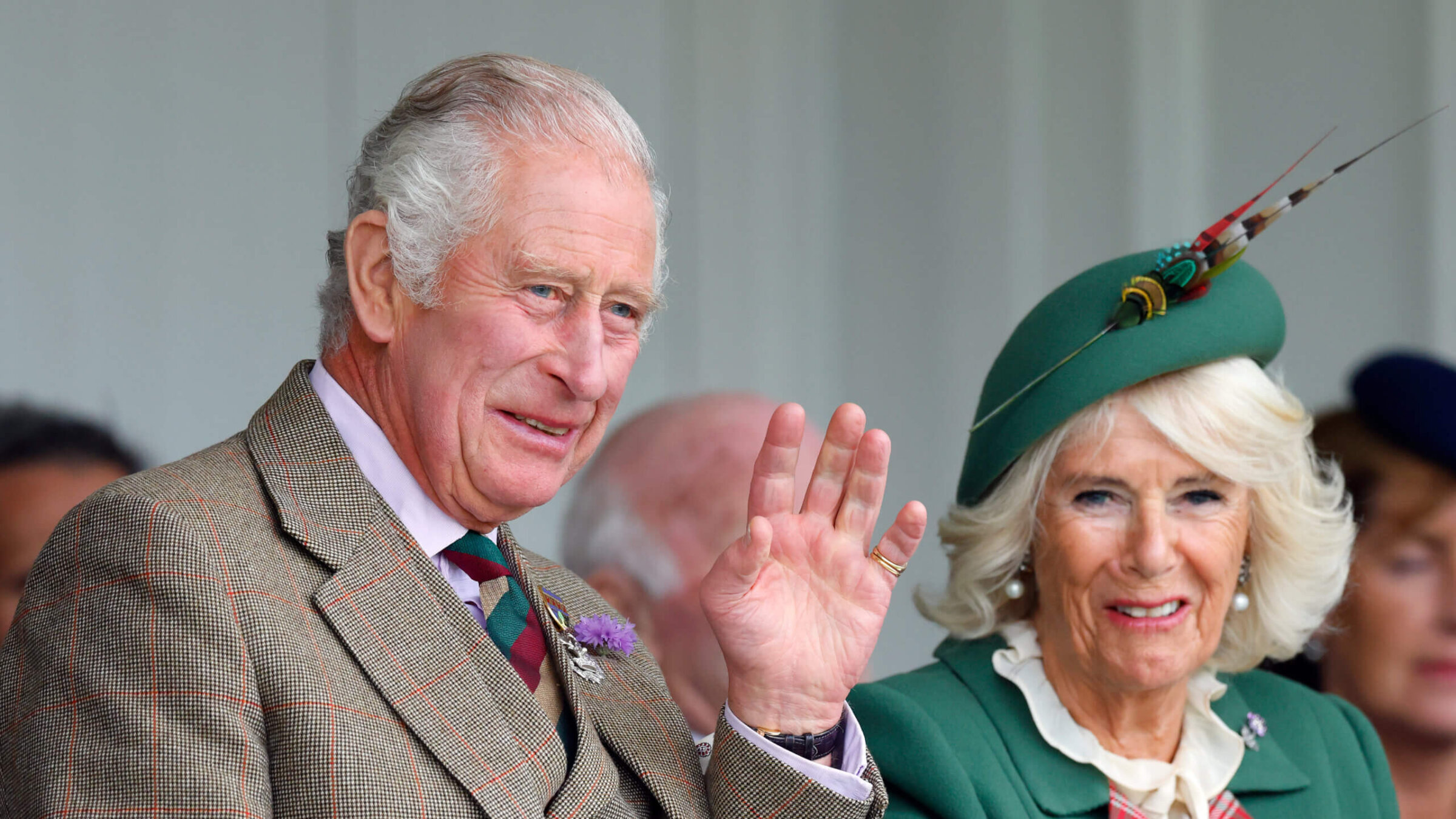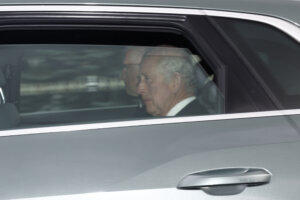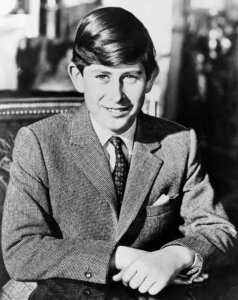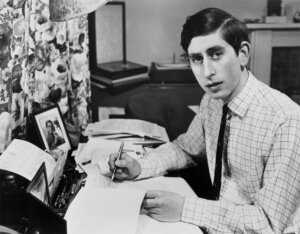Long a friend of the Jews, King Charles is a mensch for all seasons
The English monarch is a noted fan of Jewish culture and has championed many a Jewish cause

Charles and Camilla attend the Braemar Highland Gathering at The Princess Royal and Duke of Fife Memorial Park on September 3, 2022 in Braemar, Scotland. Photo by Getty Images
Unlike his much-respected and deeply mourned mother, who died Sept. 8, King Charles III has shared a series of empathetic friendships with Jews. One reason might be easy to pinpoint. The late Queen was admired for her love of horses and dogs in addition to her lifelong devotion to duty. But Charles has found time for the arts, through which he has encountered English Jewish people and formed human connections, following in the footsteps of his father, Prince Philip, who also enjoyed friendly personal relationships with Jews.
For Charles, one early example was the German Jewish refugee Else Mayer-Lismann, who lectured on opera at Glyndebourne and the Edinburgh Festival. Then-Prince Charles wrote enthused letters with Mayer-Lismann, recounting how he had attended operas at the Salzburg Festival, Covent Garden and Verona Arena, Italy. Charles relished his pen pal’s acumen about opera, especially as his parents reportedly considered it a bore.

Other culture-related attachments naturally occurred for Charles with less esthetic motivations. Presumably it was not due to an interest in cinema or pop music that, as a 2016 book by Christopher Anderson alleged, from the 1970s through the 1990s, Charles persistently tried to romance Barbra Streisand.
Nor were Jews who impressed Charles limited to the domain of the arts. At a 2017 fundraiser for the World Jewish Relief charity in London, he cited his encounters with Ben Helfgott, a Polish-born weightlifter — one of two Jewish athletes known to have competed in the Olympics after surviving the Holocaust: “To meet Ben, and others who, like him, have endured indescribable persecution, is to be reminded of the danger of forgetting the lessons of the past,” he said.

A repeated reaction from Jewish visitors to Clarence House, the Prince of Wales’ residence in London, has been how empathetic Charles is to experiences from modern Jewish history. One example was a 2018 Clarence House reception marking the 80th anniversary of the Kindertransport, an organized rescue effort of Jewish children from Nazi-controlled territory shortly before World War II. Ann Kirk, a 90-year-old escapee, described Charles as someone “extremely supportive” who takes a “very serious” interest in the Kindertransport.
Similarly, this January, to mark Holocaust Remembrance Day, at the Queens Gallery in Buckingham Palace, seven portrait paintings commissioned by Charles of survivors were displayed. When Lily Ebert, 98, one of the sitters, stated that the honor of meeting him allowed her to represent those who had been murdered by the Nazis, Charles touched her shoulder and replied, “But it is a greater privilege for me.”
The impact of such encounters with individual Jews was likewise evident at a 2019 pre-Hanukkah reception at Buckingham Palace to honor Jewish contribution to British society. In an adroitly penned speech, Charles referred to the admiration felt by his great uncle Louis Mountbatten, 1st Earl Mountbatten of Burma, for Jack Nissenthall, an English Jewish Royal Air Force electronics and radar expert. Nissenthall helped expose German radar installations along the Channel coast during Operation Jubilee in 1942, an Allied amphibious attack on the German-occupied port of Dieppe in northern France.
By recognizing and understanding personal stories of Jews, Charles was moved to sponsor projects such as a Jewish Community Center in Krakow. This developed from a 2002 visit under the auspices of World Jewish Relief, when he saw the remnants of Krakow’s once-thriving Jewish community. Six years later, Charles returned to Krakow to open the Center, funded by his own charities, even noting that he was “privileged to fix a mezuzah to the doorpost.”
Charles has understandably received brickbats for accepting donations to his causes of almost $3 million in cash from the former prime minister of Qatar from 2011 to 2015 and further largesse in 2013 from Osama bin Laden’s family. Yet it is piquant to think that this money may have partly made possible a Jewish Community Center in Poland and portraits of Holocaust survivors, unbeknownst to the original Arab donors.
At the 2019 Buckingham Palace reception, Charles’ welcome to the assembled Jewish guests was so warmhearted that even the sobersided historian Simon Sebag Montefiore was conquered. Montefiore gushed to The Guardian that the “atmosphere was really electric and everyone was very touched by the combination of emotion and history and culture as well as the sentiments in his speech. If you have a monarchy, this is what the monarchy is for.’”

“I have grown up being deeply touched by the fact that British synagogues have, for centuries, remembered my family in your weekly prayers,” Charles noted. “And as you remember my family, so we too remember and celebrate you.” He added: “I see this as the least I can do to try to repay, in some small way, the immense blessings the Jewish people have brought to this land and, indeed, to humanity. In the Hebrew Scriptures, which provide so much of the ethical underpinning of our society, we read in The Book of Deuteronomy, the inspiring exhortation: “Choose life!”
Perhaps expectedly, not all Charles’ encounters when choosing Jewish cultural life have been beneficent. His notorious hatred of modern architecture has inspired repeated attacks on its practitioners. The English architect Richard Rogers, of Jewish origin, was so vehemently targeted by Charles that eventually a committee, including the eminent American Jewish architect Frank Gehry, was moved to defend Rogers and modernism against what they saw as Charles’ parochial, hidebound taste.
Perhaps worst of all, in 2017 a letter dated November 1986 from Charles was uncovered in a public archive. Addressed to the author Laurens van der Post, Charles’ mentor, the missive recounted official Arab propaganda gleaned during a tour of Saudi Arabia, Bahrain and Qatar. Among observations shared with van der Post was that Arabs see Israel “as a U.S. colony” and supposedly the “influx of foreign, European Jews (especially from Poland, they say)” has caused “great problems.” Charles concludes these reflections with what some critics later viewed as antisemitic rhetoric: “Surely some U.S. president has to have the courage to stand up and take on the Jewish lobby in U.S.? I must be naive, I suppose!”
In 2020, Charles was named patron of the Jewish Lads’ and Girls’ Brigade, a youth organization looking to the future. Last year, Charles visited Merthyr Tydfil Synagogue, a 19th century Welsh construction that his Foundation is paying to have transformed into a Welsh Jewish Heritage Centre. And this February, he unveiled a statue in Winchester to a 13th century Jewish moneylender named Licoricia who was murdered in her home, likely by a burglar.
Urban legend fans have made much of the report that Charles was circumcised in 1948 at his mother’s request by the UK mohel Jacob Snowman. Dr. Snowman died in 1959, so despite rumors to the contrary, he could not have performed the same service for the Prince’s younger brothers. But bris or no bris, King Charles III has amply demonstrated that at his best moments, he can definitely be a mensch.























